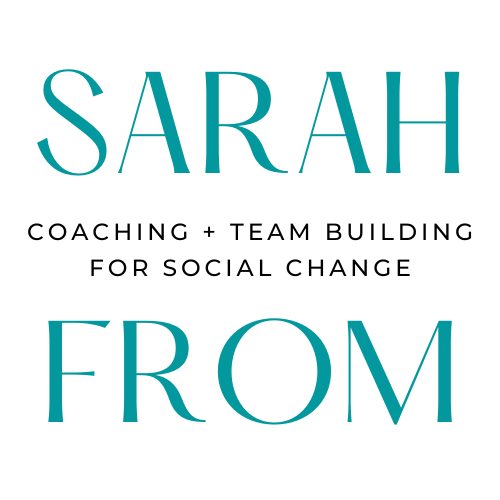As much as the web and portable technology have made our lives easier, they have also brought new stresses.
We can sometimes find ourselves overwhelmed by the emails, friend requests, blog feeds, Twitter feeds, and action alerts that seem to be demanding an increasing amount of our time. The answer is not to opt out of these technologies, but to find ways to maximize their benefits while minimizing the stresses they bring.
Here are a couple of strategies for taming the stress of our plugged-in lives.
Re-calibrate your sense of urgency and importance.
It's been fifteen years since Steven Covey, A. Roger Merrill and Rebecca A. Merrill first warned us about the dangers of "urgency addiction" in their bestseller, First Things First. They argue that the compulsive drive to treat every call, email, or interruption in life as an urgent matter distracts us from focusing on what is actually important. Just think about it: they wrote about this before we all carried our email inboxes in our pockets.
In truth, many of the important things in life and work don't get the benefit our attention because they aren't that urgent. Consider how hard it can be to convince leaders within your organization to devote time and resources to staff development or long-term goal-setting, and you start to get the point.
Take the time to check in with yourself about what is truly urgent and what is truly important. How does this differ from where you are currently placing your attention and your energy? How is your relationship to technology -- particularly email -- contributing to this dissonance?
Regular mindfulness about these questions can help nudge you toward using technology in ways that are more meaningful and less draining.
Take a 48-hour information holiday.
You don't need to know everything, all the time.
Whether it's a celebrity gossip habit or an every-political-blog-under-the-sun habit, many of us are prone to going a little overboard with our media consumption. It can feel like if we aren't on top of it all, we will fall behind, and... then what? For most of us, the stakes actually aren't that high. Like anything, information consumption is good in moderation, but too much of it can affect sleep, relationships, work, and our ability to relax.
Twice a year (or more!) try taking a 48-hour information holiday. Reduce your "inputs" to a bare minimum, and see how it feels to be relieved of the pressure to always know what is going on everywhere. This looks different for everyone, but could include putting your laptop in a drawer for the weekend, using your phone only for phone calls, and setting an auto-reply on your email as if you were on vacation.
The idea is to eliminate the inputs that you feel tied to -- the sources of information and interaction you feel you cannot live without. Do this, and you'll learn that you can.
 How many steps do you take a day? Inspired by a recommendation by Dr. Oz, I bought a $23 pedometer and have started tracking my steps. Dr. Oz recommends taking 10,000 steps a day as a good aim for a healthy, active lifestyle.
Yesterday I just hit 10,000 by doing a day's worth of errands, laundry, and housecleaning. I know not every day is so active for me -- many much less so. My goal is to hit 10,000 steps a day, 4 days a week for the next month.
How many steps do you take a day? Inspired by a recommendation by Dr. Oz, I bought a $23 pedometer and have started tracking my steps. Dr. Oz recommends taking 10,000 steps a day as a good aim for a healthy, active lifestyle.
Yesterday I just hit 10,000 by doing a day's worth of errands, laundry, and housecleaning. I know not every day is so active for me -- many much less so. My goal is to hit 10,000 steps a day, 4 days a week for the next month.


